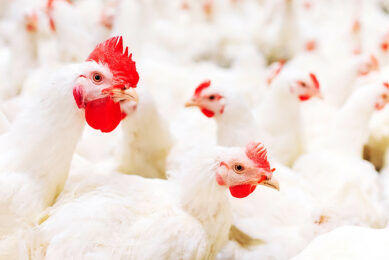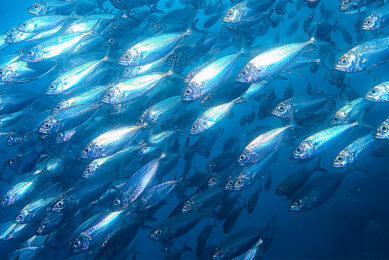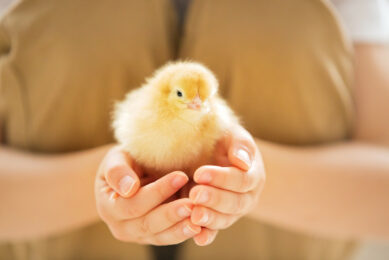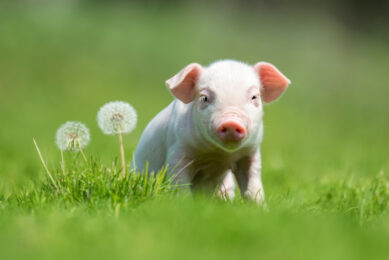Selecting the right protein for antibiotic-free diets
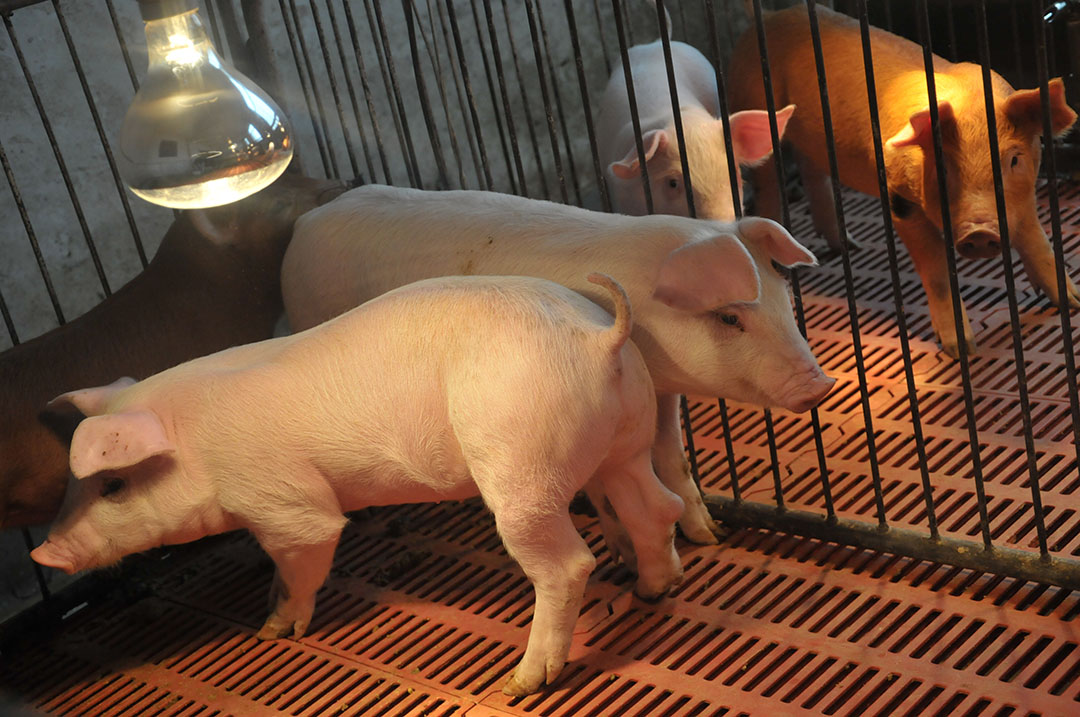
Diets containing antibiotic growth promoters can achieve ideal growth promotion even if the nutrition is unbalanced and the protein is in low quality. Antibiotic-free diets have a higher requirement for protein. With 3 different sources, which one should you select?
Diets with antibiotics can ensure good intestinal health and reduce the diarrhoea rate. The imbalance of nutritional structure and defects of proteins have been submerged by the remarkable efficacy of antibiotics. However, for antibiotic-free diets, more attention needs to paid to nutritional and functional properties of the feed to ensure animal health and growth performance. As one of the most important nutrients in feed formula, protein raw materials are not only needed to provide high protein quality, but also needed to have the function of ensuring animal health.
Selecting the protein source
The protein source can be roughly divided into 3 categories: vegetable protein, single cell protein and animal protein. Its nutritional, functional and impact on intestinal health determines whether the protein is of high quality. The quality level of the 3 proteins are: animal protein > single cell protein > vegetable protein.
However, in practical application, the cost and practicability should be considered comprehensively, so the 3 types of protein are all combined and applied in the formula.
As we all know, it is not the balance of amino acids that can turn the poor protein into high-quality protein. Therefore, it is necessary to use all types of proteins comprehensively. It should be emphasised that the selection of proteins is more important than the crude protein level. High quality protein can reduce intestinal pH, maintain intestinal tissue structure, and increase the number and proportion of beneficial bacteria, which is more conducive to intestinal health.
Antibiotic-free diets have higher protein requirements
In the diets containing antibiotic growth promoters (AGPs), tasks such as preventing diarrhoea, promoting growth and improving intestinal health are all completed by antibiotics, so the quality requirements of proteins are not too high. However, in antibiotic-free diets, it is necessary to put forward higher requirements as followed for proteins.
- In order to promote animal growth, protein is necessary to have higher digestibility and without anti-nutritional factors, which is at least close to the efficiency of adding antibiotic growth promoters.
- Protein should also have certain functionality to ensure intestinal health. Although it cannot prevent diarrhoea like AGPs, it should at least reduce nutritional diarrhoea.
Animal protein
Animal protein includes fish meal, meat and bone meal, chicken meal, animal by-products, blood meal, pork powder, feather powder, insect protein, etc. It is generally acknowledged that animal protein is of good quality. It not only has high protein content, high utilisation rate, amino acid balance, but also has growth promoting factors and immunoglobulin.
From the point of view of nutrition and function, animal protein meets the requirements of antibiotic-free diets. However, due to the cost and biosafety, some animal proteins need to be used with caution. Therefore, in the preparation of antibiotic-free diets, we cannot completely rely on animal protein, but also need the scientific collocation of vegetable protein and single cell protein.
Vegetable protein
With regard to nutrition, there is not much difference between some high-quality vegetable protein and animal protein, and the protein content and digestibility in vegetable protein are also high, such as soybean meal. However, lysine and methionine, the most important limiting amino acids for animal growth, are low in vegetable protein and cannot meet the needs of promoting growth. Moreover, there are some anti-nutritional factors in vegetable protein, which can cause diarrhoea in young animals.
In order to solve the problem of vegetable protein, it is necessary to use vegetable protein with animal protein and single cell protein scientifically, or carry out fermentation pre-treatment of vegetable protein.

Yeast protein which is closer to animal protein
After years of improvements and upgrading, the nutritive and functional properties of GroPro are close to that of spray-dried plasma protein. Moreover, in recent years, it has been incorporated into the formula of piglet feed by most feed enterprises to replace spray-dried plasma protein comprehensively.
As a high-quality functional protein, it not only has high digestibility, but also provides young animals with nucleotides needed for rapid growth and prebiotics (yeast cell wall) needed to ensure intestinal health.
Without antibiotics in the diet, the first thing to be hit is the gut. The nucleotide and yeast cell wall in GroPro are helpful to promote intestinal development and improve intestinal health. With the progress of the yeast industry, GroPro has been upgraded, and it has gradually approached animal protein in terms of nutrition. Therefore, it is the best choice for high quality functional protein in antibiotic-free diets.
From the perspective of raw materials, especially from the selection of protein, we can formulate better antibiotic-free diets. Of course, the choice of energy sources and the balance of carbohydrates are equally important. In terms of protein raw materials, scientific combinations of animal protein, fermented vegetable protein and GroPro can ensure animal health and growth performance without using antibiotics.
Authors:
Xiao Xiangqian and Chen Zhongping, Angel Yeast, China



